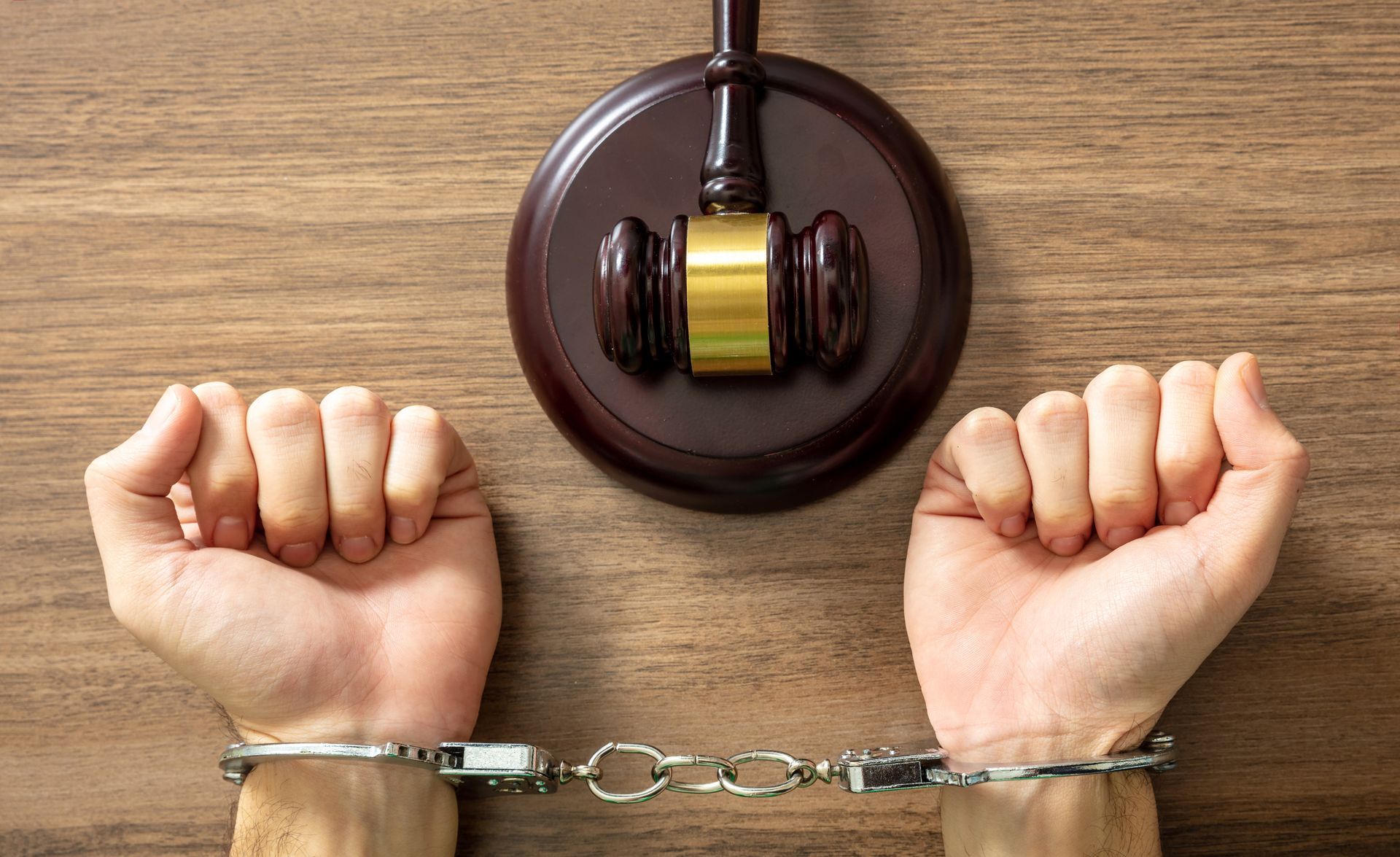Who Qualifies for Chapter 7 Bankruptcy in Massachusetts?
May 2, 2024
Who Qualifies for Chapter 7 Bankruptcy in Massachusetts?
The body content of your post goes here. To edit this text, click on it and delete this default text and start typing your own or paste your own from a different source.

If you're facing criminal charges in East Longmeadow, MA, don't wait to take action. Learn four important reasons to speak with The Law Office Of William J. O'Neil about your case today. Flat fee pricing, free consultations, and flexible availability make it easier than ever to take that first step.

Learn the key differences between drug possession and intent to distribute charges in East Longmeadow, MA. Explore how the amount of drugs and other factors can impact your case and potential legal consequences. If you’re facing drug charges, The Law Office of William J. O’Neil is here to assist you in navigating your legal options.









